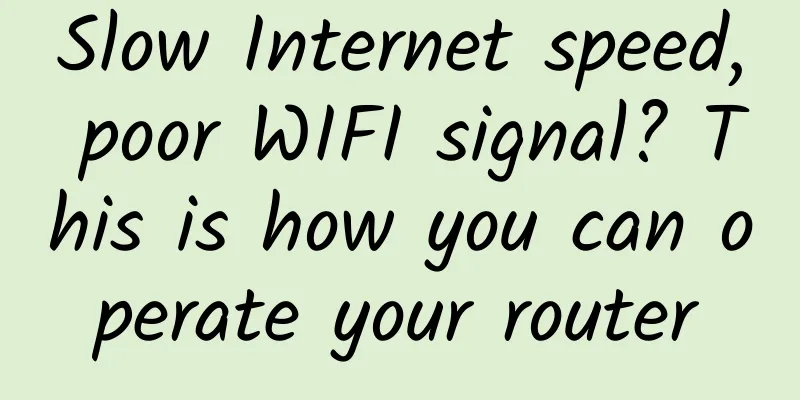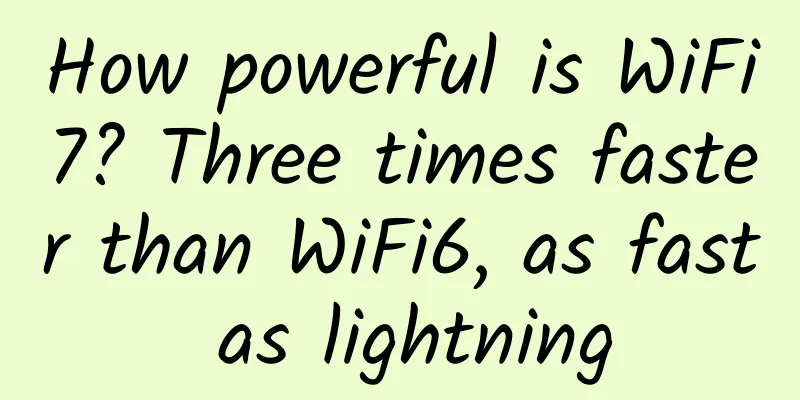5G Ready: Enabling Technology to Prepare for the Future of Work

|
5G opens the door to major technological advances that will require higher speeds and increased capacity to support them. This will not only impact our personal lives through technologies such as wearables, but also the business environment through smart transportation, smart cities and better ways of working. Conversations around 5G often mention Internet of Things (IoT) applications, such as fast connectivity for smart appliances and consumer devices. However, the rapid deployment of this powerful network can also bring a range of new economic opportunities to businesses. In this regard, 5G can drive employee engagement and productivity in a number of ways: Reliability: 5G is expected to be more reliable than its predecessor, meaning it will be protected from technical issues such as dropped calls or loss of network connectivity. As businesses become increasingly reliant on uninterrupted networks to provide vital services to customers and the public, always-on networks will support more “critical” use cases. Flexibility: Network slicing will allow the physical network to be divided into multiple virtual networks, enabling users to use the right "slice" according to their needs, essentially creating their own network. This means that enterprises can prioritize traffic while ensuring the security of the network. Greater capacity: 5G networks will be better able to support high-capacity applications so that data-intensive enterprises and hyperscalers can support their workloads through the cloud or through data center storage, allowing them to scale at will. The importance of digital infrastructure 5G will be significantly faster than 4G and have much lower latency, meaning there will be little to no delay when connecting devices using the mobile network. These capabilities are expected to significantly change the end-user experience and introduce new digital realities with minimal disruption. A strong 5G infrastructure is essential to facilitate advanced and next-generation technologies such as connected cars and smart cities, while also bringing opportunities to businesses. As the amount of data from external transactions, internal processes, smart monitoring and AI analysis grows rapidly in modern enterprises, 5G will become the go-to service required to ensure data is quickly transmitted and processed for smooth operations. However, the 5G technology that powers these processes will rely on a strong digital infrastructure provided by telecommunications organizations. Close collaboration between local governments and third-party innovators will also be key to helping 5G become a reality, and the collaboration between them will be carried out through high-speed, full-fiber connections. Evolving workplace culture If 5G delivers on all it promises, many expect it to support the Fourth Industrial Revolution, in which everything is connected, processed and digitized. So what do these enhanced capabilities actually mean for the workplace? 5G will become a key driver of business decisions in the near future, enabling companies to expand their employee searches to locations that may have previously been considered too remote. Talent pools can now be opened up to a global scale, and improved connectivity will ensure that complex remote working is not only possible, but effortless. As work from anywhere (WFA) continues to be an effective way of working, and as companies move storage to the edge to accommodate the long-term shift in work culture, enterprises will want to gain 5G connectivity to ensure data can be stored and processed efficiently in the cloud or data center. The COVID-19 pandemic has served as a great testing ground for the future of work, as most companies have worked out the initial teething problems. Now that it looks like remote working will become a more permanent change for many people, businesses will want to adjust their models accordingly — and 5G will help accommodate that process. Prepare for the future of work 5G will have a lasting impact on the workforce in many ways. But most notably, it will help democratize job opportunities and better empower frontline workers, who are often excluded from corporate culture. For most industries, 5G will pave the way for more efficient collaborative work, regardless of geography, while providing technological enhancements such as lower latency and more consistent reliability, improving productivity and increasing revenue. As we approach the future of work, 5G will be a milestone in empowering digital workers and businesses alike. |
<<: The latest analysis of WiFi 6E and WiFi 7 market!
>>: How does the computing power network work?
Recommend
By the end of 2016, my country had achieved 100% implementation of the real-name system for telephone users.
[51CTO.com original article] In recent years, spa...
Artificial intelligence combined with 5G will change the diagnosis and treatment model and process of the medical industry
The global COVID-19 pandemic has accelerated the ...
Tencent Cloud Hong Kong Data Center Restocking, Lightweight Server/CVM Cloud Server Optional for New and Old Users
Last month, many friends who wanted to buy Tencen...
Modernizing Configuration Management to Address Network Complexity
The expansion of network infrastructure to multip...
Huawei's Hu Houkun: Make Hongmeng and Euler into important social resources
On November 20, the 2021 China 5G+ Industrial Int...
3 IT monitoring trends for 2021
The outbreak has put the reliability of websites,...
DatabaseMart Spring Big Sale: 30% off VPS/GPU Server/Physical Server, Dallas/Denver/Kansas Data Center
DatabaseMart is a foreign hosting company founded...
[Black Friday] HostKvm Hong Kong Signature VPS is permanently 40% off, top up $50 and get $5 free
HostKvm has launched a November and Black Friday ...
Ruijie won the Intel "Strategic Cooperation Award" and further deepened its cooperation with Intel
Recently, the 14th Intel Internet of Things Summi...
Jiaxing Cloud Road: Tongxiang Smart Education and the 6 Major Projects Behind It
When the thousand-year-old ancient town Wuzhen wa...
In the tug-of-war between NetOps and SecOps, what role does SD-WAN play?
Connectivity across campus, branch, cloud, and ed...
5G application complex network security issues cannot be ignored
The commercial use of 5G has brought unlimited po...
Sharktech: $59/month-E3-1270V2/16G memory/500G SSD disk/1Gbps unlimited traffic/Los Angeles data center
After we shared Sharktech's special promotion...
How is IPv6 represented? How is IPv4 converted to IPv6?
IPv6 has been gradually applied, and now many ope...
Before 5G mobile phones become popular, these problems must be solved first
Although information about 5G has attracted a lot...









